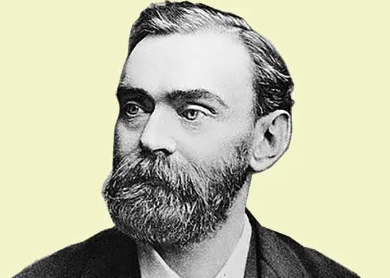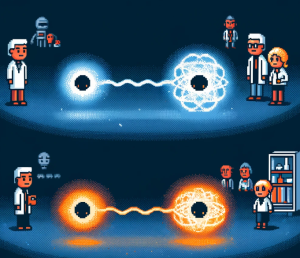
Nobel Prize Discoveries of 2025 and Their Impact on Science and Society
The Nobel Prizes, often regarded as the most prestigious awards across various disciplines, have once again turned the eyes of the world towards the remarkable achievements in science for the year 2025. This year’s laureates have contributed significant advancements in the fields of chemistry, physics, and medicine, reflecting the ongoing pursuit of knowledge and its profound impact on society.
The Advancements in Chemistry: Molecular Architecture
The Nobel Prize in Chemistry 2025 was awarded to Susumu Kitagawa, Richard Robson, and Omar M. Yaghi for their pioneering work on molecular architecture. Their development of metal-organic frameworks (MOFs) has not only created materials with an exquisite structure but has also brought about potential applications in areas such as carbon capture and environmental cleanup. These frameworks are porous, providing a large surface area that can trap gases or chemicals within their structures, thus addressing global challenges like pollution and climate change.
Applications and Implications
- Environmental Impact: MOFs can play a major role in capturing and storing carbon dioxide, a critical task in combating climate change.
- Industrial Use: They can be used to filter and purify gases, reducing industrial emissions significantly.
Revolutionary Progress in Physics: Quantum Computing
The Nobel Prize in Physics was awarded to John Clarke, Michel H. Devoret, and John M. Martinis for their groundbreaking work in making the strange behaviors of quantum physics observable at larger scales. Their research has been pivotal in advancing quantum computing, a field that promises to surpass the capabilities of classical computing exponentially.
The Future of Computing
The progress in quantum computing heralds a new era where complex problems, currently unsolvable by traditional computers, can be tackled efficiently. This will catalyze advancements in cryptography, materials science, and much more.
Physiology or Medicine: Understanding Immune Tolerance
Mary E. Brunkow, Frederick J. Ramsdell, and Shimon Sakaguchi were honored with the Nobel Prize in Physiology or Medicine for their discoveries concerning peripheral immune tolerance. Their work has shed light on how the immune system maintains a delicate balance, preventing it from attacking the body’s own cells. This has far-reaching implications for treating autoimmune diseases and improving transplant outcomes.
Impact on Health
- Autoimmune Diseases: Understanding immune tolerance opens new treatment pathways for diseases like Type 1 diabetes, rheumatoid arthritis, and lupus.
- Transplant Medicine: These findings could lead to better approaches in making organ transplants more successful by reducing rejection.
The discoveries awarded this year’s Nobel Prizes are not only milestones in their respective fields but are also stepping stones paving the way for future innovations. Science continues to advance, bringing new hope and solutions to society’s most pressing problems.



